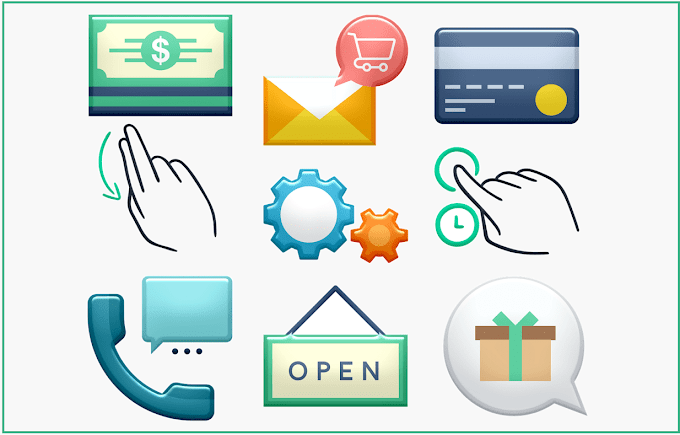When designing a mobile app, prioritizing UX is essential. That said, UI is an equally important part of good native appdesign. If you don’t work in the field of software and app development, you may wonder what the difference is. Many people mistakenly use the terms UX and UI interchangeably. However, they actually refer to distinct elements of a mobile app, both of which play a crucial role in attracting and retaining users.
Understanding
the Role of UX
UX is
short for “user experience.” When a customer uses your app, the processes
should be intuitive and simple.
The UX
designer works behind the scenes to ensure a smooth experience for all users.
Thus, you’re unlikely to even notice the quality of a UX designer’s work unless
it’s poor. You expect an app to be easily understandable; you’ll only pay
attention to the general user experience if it’s confusing and flawed.
To ensure
a quality UX, designers study industry best practices, research user behavior,
and take other necessary steps to better understand what customers are looking
for in an app.
What a UI
Designer Does
UI refers
to the app’s “user interface.” The UI designer is essentially responsible for
the concrete visual elements of the program. This includes typography,
graphics, color scheme, widgets, buttons, and more.
The
discipline of UI design can be compared to graphic design, where every discrete
visual element must contribute to a consistent overall style. UI designers take
on the added challenge of designing visuals that are interactive in nature:
when a user clicks on a button, it needs to do something other than simply look
appealing.
How They
Differ
Both UX
and UI designers play critical roles in the app development process, and often
coordinate with each other to ensure the finished product is cohesive. Therefore, it is highly beneficial to work with design agencies, like Clay.Global in San Francisco, which specialize in both UX and UI.
UX
designers are particularly focused on making sure a user is able to complete
specific tasks within an app. A visually-appealing product won’t succeed if
customers can’t figure out how to use it for its intended purpose.
In this
respect, UX is a science. Designers study their goals to determine the most
logical way for an app’s processes to flow. Users should never be confused
about what steps they should take next to complete a task. Even if they’re not
confused, too many steps can result in a cumbersome UX – simplicity and
efficiency are paramount.
UI design
is more of an art than a science. The UX designer determines what a person
actually experiences when using a specific feature. Meanwhile, the UI designer
determines how that experience will look and feel. The app should be useful,
but it should also “feel good” to use.
Both
roles are critical. Quality UX ensures that users intuitively understand how an
app functions without reading through instructions, while quality UI ensures
that they enjoy the overall experience. Although there is a lot of overlap in
their goals, UI designers and UX designers approach their jobs from different
starting points. When they both do their jobs well, the result is an app that
looks good and serves a legitimate purpose for the user.




![Performance Marketing - What Is it & How It Works [+ 6 Tools You Can Use]](https://blogger.googleusercontent.com/img/b/R29vZ2xl/AVvXsEj0akcIPU36HHfqWoYrb2LCMNG8OvxPb9drUYKWJZvSXmfbJG0OrjN5jfzTFDmT-9MKcuZt-G-66PiLlIVjgX1DwCNzHeIMW0pjW7W3IB2rZYzx4ISbL2T6JC4M38eubqHxQ3e71l2_n7oxh2f2QdV3d1prJ6z9HQNsSyfjtO18diLxEZg-5wD-I6RINFY/w680/performance_marketing-min.png)





1 Comments
HI! We create leading cloud products, augment existing internal software teams and implement cloud technologies to accelerate innovation and drive new revenue globalcloudteam
ReplyDelete